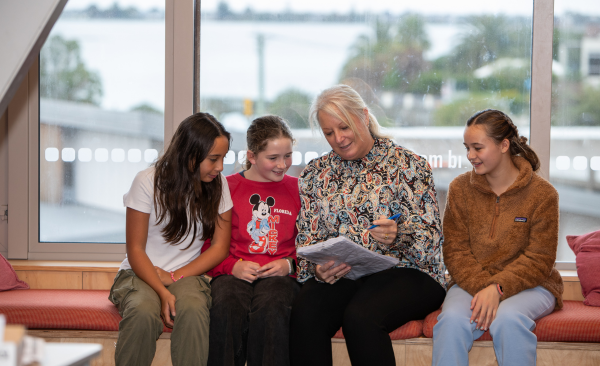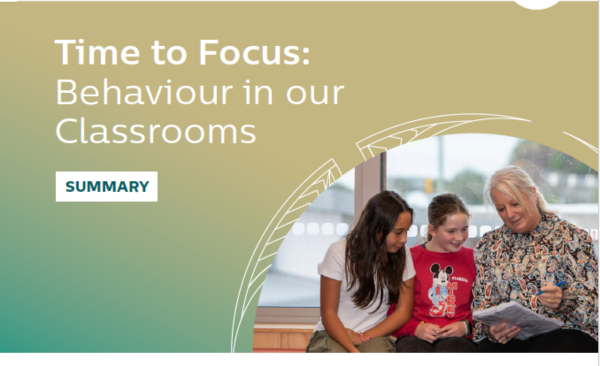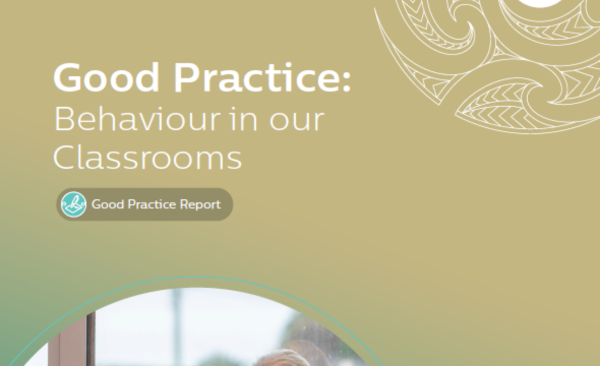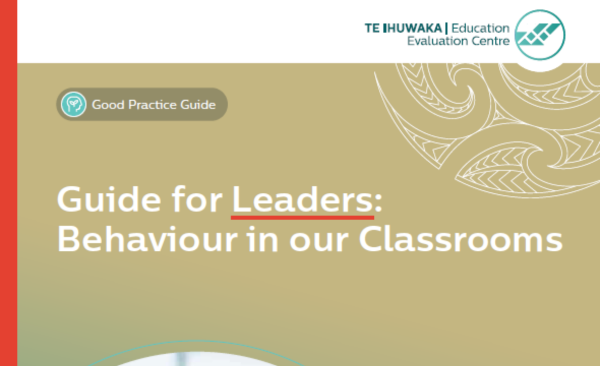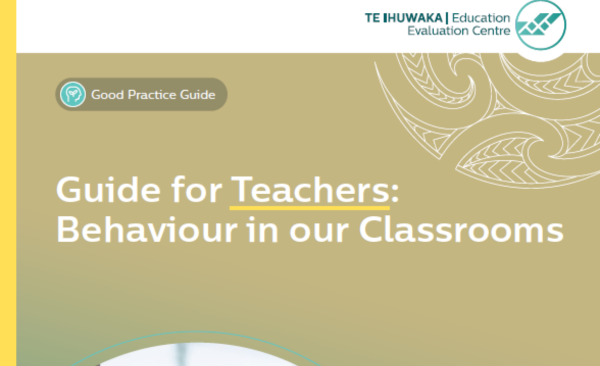Behaviour in our classrooms makes a big difference to students’ achievement. ERO wanted to know about the behaviour happening in Aotearoa New Zealand schools.
We looked at the national and international evidence base, surveyed over 2000 school staff, and worked with experts and academics. We also held interviews and focus groups with teachers, leaders, students, and parents and whānau to understand what it looks like when schools use good practices that prevent and respond to challenging behaviour.
What did ERO find out?
Behaviour is a significant issue needing urgent, national action
Aotearoa New Zealand’s classrooms have consistently had worse behaviour than other countries, for the last 20 years. Behaviour is significantly damaging student learning and achievement, impacting their ability to engage with lessons, the progress they make, and their enjoyment of school.
For teachers, dealing with challenging behaviours consumes too much classroom time, takes a large toll on their wellbeing and, for many, impacts their desire to stay in the profession. Principals also spend large amounts of their time dealing with challenging behaviours, causing them stress.
We also found that stand-downs, suspensions, and exclusions are associated with worrying life outcomes related to education, employment, income, health, and criminal offending.
The are a range of ways that teachers and leaders can make a difference to behaviour
Good behaviour management takes a mix of ‘proactive’ (preventing challenging behaviour) and ‘reactive’ (responding to challenging behaviour) approaches. To prevent challenging behaviour, teachers and leaders should start with understanding what influences students’ behaviour. Schools need a consistent, school-wide behaviour management approach, backed by data, to discourage and keep track of challenging behaviour. This involves teaching students positive ‘learning behaviours’. When proactive approaches are not enough, teachers need to use logical consequences, with clear steps to follow. For the most challenging behaviour, a school should take a more targeted behaviour approach, which might involve students’ parents and whānau, and getting expert help. Stand-downs and suspensions should only be used as a last resort.
How can school boards support a positive behaviour climate?
Behaviour management approaches work best when they are well understood and taught consistently across the whole school. For this to work well, it’s important that everyone is on the same page about what the expectations are.
School boards can make a difference by setting clear expectations about behaviour at their school, and ensuring that these are well understood by all staff and families. In our report, ERO has recommended that boards receive some clear guidance to help with this.
What could you ask your school about behaviour?
These could be useful topics of discussion for a school board meeting:
- Does the school have a clear, documented approach and expectations for behaviour management? Does this approach include clear steps, definitions, and consequences?
- Do all teachers and support staff have a shared understanding of how we prevent and respond to challenging behaviour at this school? How do we know whether practice is consistent across all classrooms?
- What does our schoolwide data tell us about the behaviour climate at this school? For example, attendance data, incident reporting, individual behaviour planning and monitoring, frequency of detentions, stand-downs and suspensions, student surveys?
- Do parents and whānau know about the school’s behaviour management approaches? How could we as a board support the school and community to get on the same page about promoting positive learning behaviours across both home and school?
If you’d like to know more, you can look at these links:
Time to Focus: Behaviour in our Classrooms is ERO’s evaluation report about the behaviours happening in our classrooms: https://evidence.ero.govt.nz/documents/time-to-focus-behaviour-in-our-classrooms
The summary of the evaluation report is here: https://evidence.ero.govt.nz/documents/time-to-focus-behaviour-in-our-classrooms-summary
Good Practice: Behaviour in our Classrooms is ERO’s good practice report, which sets out how schools can manage classroom behaviour: https://evidence.ero.govt.nz/documents/good-practice-behaviour-in-our-classrooms

